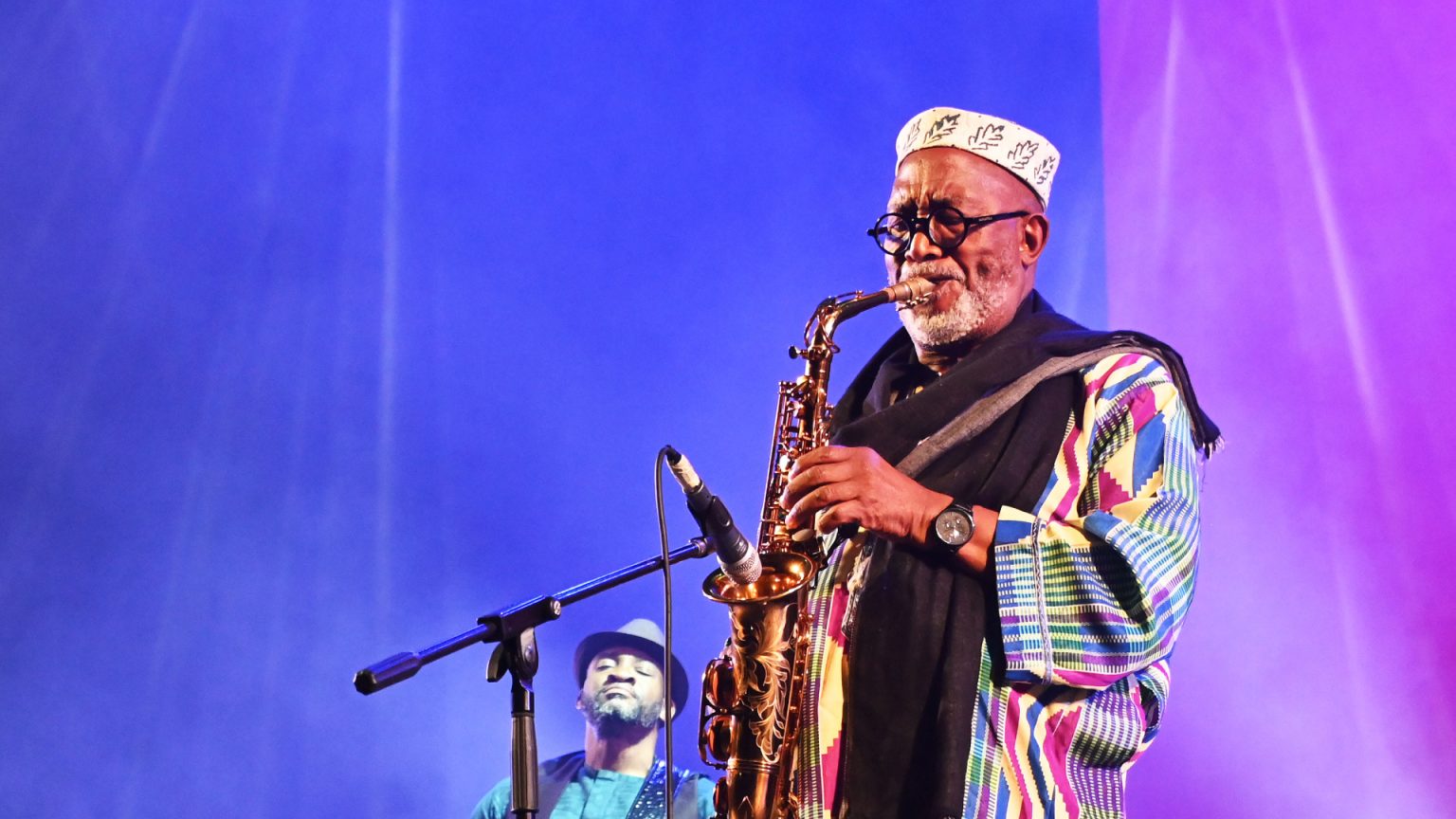Throughout the apartheid era, artists in South Africa used their talents to challenge the oppressive regime and inspire others to join the fight for freedom. Musicians like Sipho Mabuse used their music as a form of resistance, speaking out against injustice and giving voice to the aspirations of a nation. Their songs became anthems of the struggle, rallying people together and instilling a sense of unity and hope in the face of adversity.
The arts played a crucial role in the struggle for liberation in South Africa, offering a platform for expression and activism that could transcend boundaries and reach people on a deep emotional level. Through music, dance, literature, and visual arts, artists were able to convey the reality of life under apartheid and convey messages of resistance, resilience, and defiance. Their creativity served as a powerful tool for mobilizing communities, raising awareness, and fueling the spirit of resistance that ultimately led to the downfall of apartheid.
In the present day, the legacy of South Africa’s cultural resistance continues to resonate with artists and activists around the world, inspiring them to use their talents to stand up against oppression and injustice. The parallels between the struggle for freedom in South Africa and the ongoing struggle for Palestinian self-determination are evident, as both movements have relied on the arts as a means of resistance and empowerment. Artists today continue to draw inspiration from the past, incorporating themes of resistance, liberation, and solidarity into their work.
The power of the arts in resistance lies in their ability to connect people on a deep emotional level, breaking down barriers and sparking dialogue that can lead to social change. Through music, dance, visual arts, and other forms of creative expression, artists are able to challenge the status quo, question authority, and offer alternative perspectives that can inspire others to join the struggle for justice and equality. The arts have the power to humanize complex issues, making them accessible and relatable to a wide audience.
As we look back on the role of the arts in South Africa’s struggle for freedom, it is clear that creativity and cultural resistance played a crucial role in uniting people, raising awareness, and inspiring change. Artists like Sipho Mabuse used their talents to give voice to the voiceless, express the frustrations and aspirations of a nation, and rally people together in a common cause. Their legacy continues to inspire new generations to use their creativity as a force for positive change, reminding us of the enduring power of art in resistance.
The struggle for freedom and justice is ongoing, and artists continue to play a vital role in amplifying voices, challenging injustice, and inspiring action. By drawing on the lessons of the past and the power of creative expression, artists today have the opportunity to speak truth to power, ignite social movements, and bring about meaningful change in the world. The arts have the power to transcend boundaries, spark conversations, and mobilize communities in the pursuit of a more just and equitable society.













